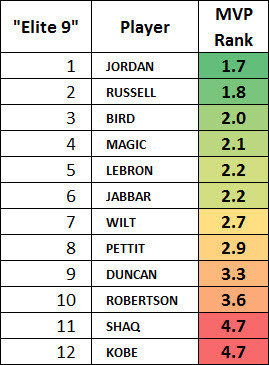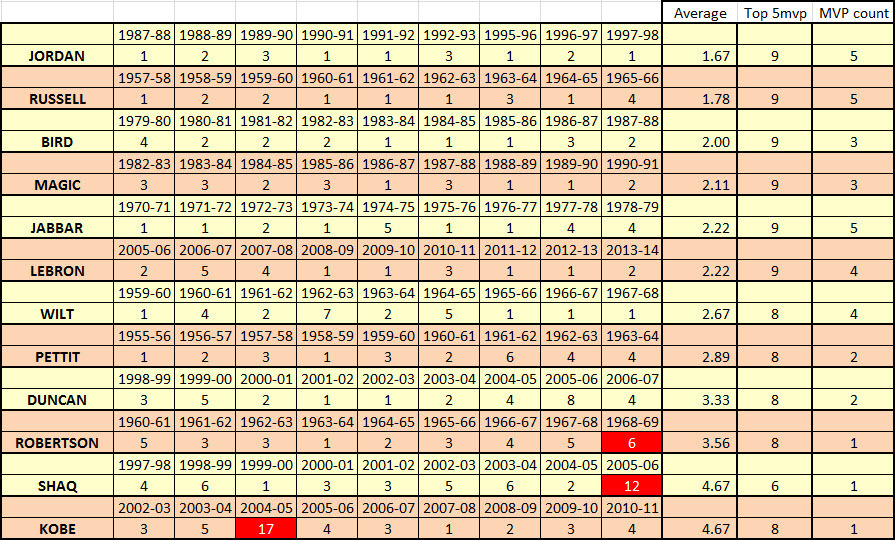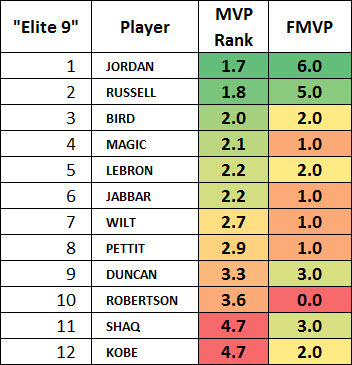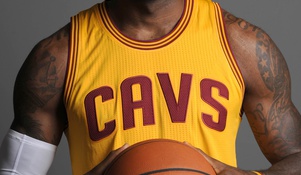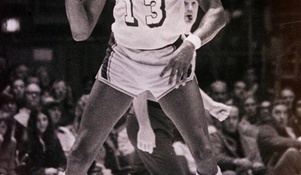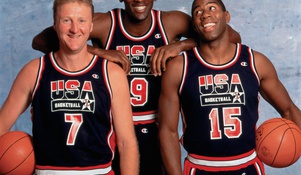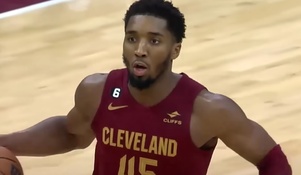NBA G.O.A.T.ness - Rankings
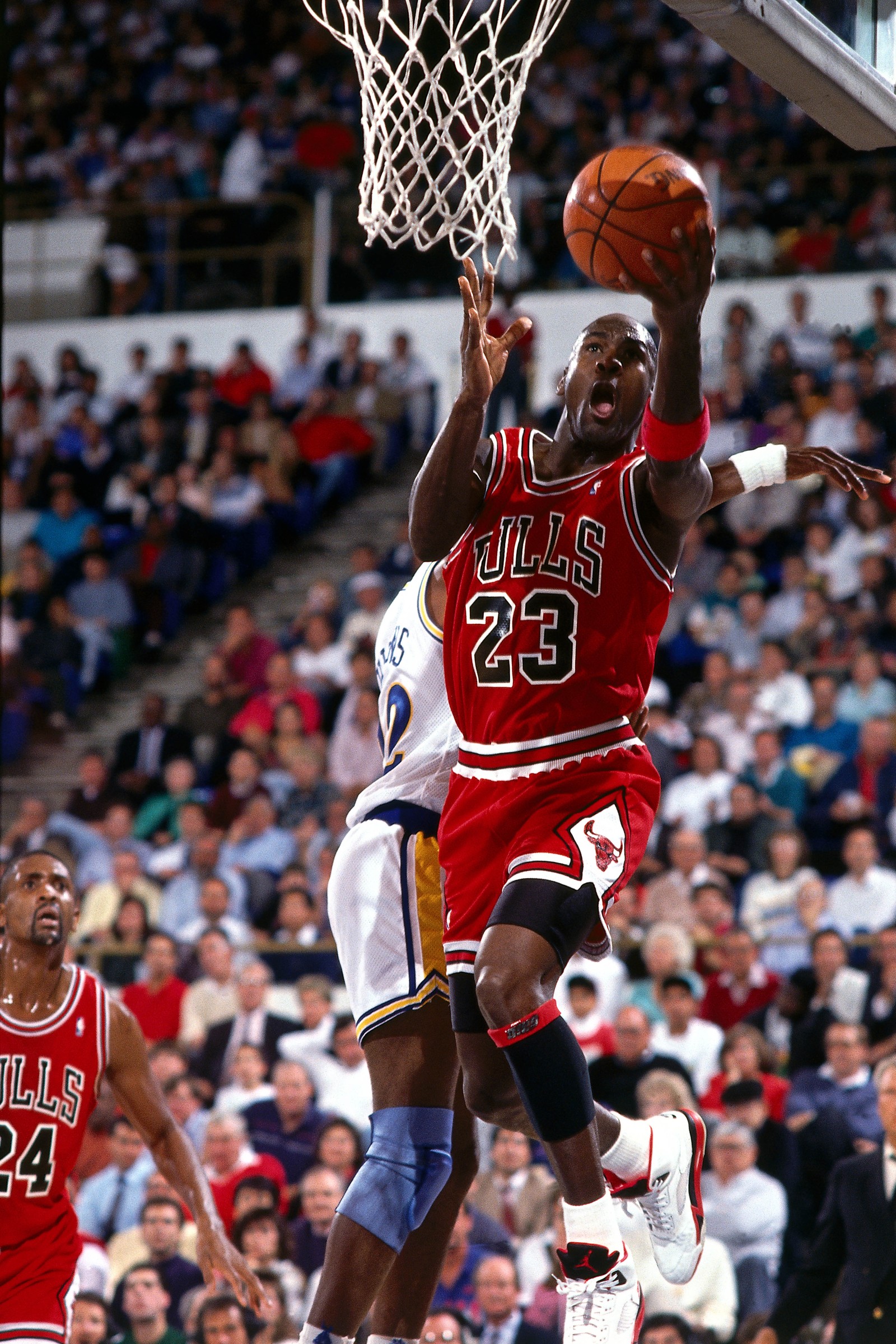
The best metric to rank the elite players in NBA history.
What is the "Elite 9"?
The best 9 year stretch in a players career (does not include mid 9 retirement (Jordan), or years that player misses more than half the games for that season.
Why "Elite 9"?
1) Statistics are misleading
A) Career Totals are misleading - The goal is to measure longevity
of greatness not longevity of mediocrity equaling an abundance of
stats.
B) Career Averages are
misleading - Is Jordan less great because of his Wizard days? Career
Averages take those into account.
C) Statistics need
context. Wilt averaged 50.4ppg and 25.7rpg the same year Robertson
averaged an insane 30.8ppg 12.5rpg and 11.4apg, Bill Russell won MVP.
2)
Advances in sports science and sports economics
A) Larry Bird's back
injury ended his career. Magic Johnson's HIV diagnosis was considered a
death sentence. Would their careers have lasted several more "prime
years" in today's sports world?
B) Not until the
marketability of Jordan did Sports salaries become lottery tickets. Would
players from the past play longer if they were financially set for life?
3) It works, in a baffling obvious and near perfect way across generations.
A) Criteria is individual, but it captures each elite player's 9 year window compared to themselves.
· Oscar Robertson, Magic Johnson, and Bird had exactly 9 consecutive All-NBA 1st team selections = perfect 9 year window of their greatness.
· Jordan had exactly 9 consecutive years being All NBA 1st team and All Def 1st team (not including retirement in the middle) = perfect 9 year window of his greatness.
· Wilt won his 1st and last MVP's exactly 9 years apart = perfect 9 year window of his greatness.
· The span between Duncan's and Kobe's 1st combination of both All NBA 1st team + All Def 1st team was 9 years.
· Etc.
B) Jabbar is the exception to the rule and would have benefited from a 10 year span as he won an MVP award 10 years apart. For this analysis his 1st MVP was used as a starting point and the next 8 consecutive years (leaving off his last MVP).
What is being measured?
The system is very easy. MVP Vote Ranking. What does that mean. You win MVP you get 1, you get 2nd place in the MVP voting you get 2, you get 3rd place you get 3, and so on. You add up the total for the 9 year stretch and divide by 9.
Why MVP Vote Ranking? Anyone really think Rose was better than Lebron in 2012? MVP's can succumb to voter fatigue (Lebron), media bias, etc. However in the long run, the MVP vote ranking is a good indication of a players worth vs his contemporaries. Also this takes into account consistency. For example Steve Nash won 2 MVP's, but his remaining 7 years in his "elite 9" was average of 11th in the MVP voting. While a player like Elgin Baylor never won an MVP but his "elite 9" average was 5th in the MVP voting. Nash had a great 3 year window and a great career, but Elgin Baylor had a better "elite 9".
Caveat: The definition of average is the total MVP vote ranking for the 9 years divided by the total number of years (9). There are several cases when a player didn't receive any votes for a particular year in their "elite 9". If you put a "0" in that year it will actually artificially bring the average lower and make the player look better. If you leave it blank you are taking a 8 year average and ignoring the one year he was not good enough to receive a vote. The methodology used to smooth this out, is if a player did not receive any votes in a particular year, the assumption is they were in their "elite 9" therefore a top player, so if 7 other players received votes, the player in question would get an adjusted value of 8. If 16 players received votes, the player receiving none would get an artificial adjusted 17. This does cause some inconsistencies as older MVP votes only had 5 players while more recent players have 15-20 players voted on. So an adjustment for an old player such as Baylor or West will likely be a "6", while an adjustment to Kobe Bryant would be a 20. Imperfect, but "the punishment fit the crime;" if you weren't good enough to get a vote, I am applying the benefit of the doubt that you would be next in line (this does not affect the top of the top, Jordan, Magic, Bird, Lebron, Russell, Chamberlain, Jabbar).
Below shows each of the 12 players analysed with their "Elite 9" years and how the MVP votes came in. It then shows their average ranking for those 9 years (lower the better), how many years they were top 5 in voting, and the actual MVP counts.
NOTE: Red Cells are the adjusted value for that year because they did not receive a single vote for MVP that year.
CRITISIMS:
Some say I didn't include the most important factor of Greatness. CHAMPIONSHIPS. The beauty of this analysis, is that by default the better the player in the rankings, the more championships they will have won. More specifically, FINALS MVP. Kobe won 3 Championships as a #2 on his team, those wont count towards his legacy. But his 2 Finals MVP's would. This is still a team game, and though NBA unlike almost every other sport 1 player can will a team to a championship, there is still other factors. Wilt had to play against the Russell Celtic's juggernaut. Shaq and Kobe won 5 Finals MVP's among themselves but they players most of those together (2 all time greats on the same team). When it comes to finals MVP it says more about you if you won a championship but not the Final MVP. Magic won 5 championships but 2x another player out shined him and won Finals MVP (Jabbar, Worthy).
Below shows the original rankings and the Finals MVP's associated with them. NOTE: Finals MVP was started in 1969 (Jerry West on a losing team), so for the players that played before that I borrowed from another's analysis (link below).
http://www.basketballlists.com/2013/06/came-along-too-soon-7-players-who-would.html
